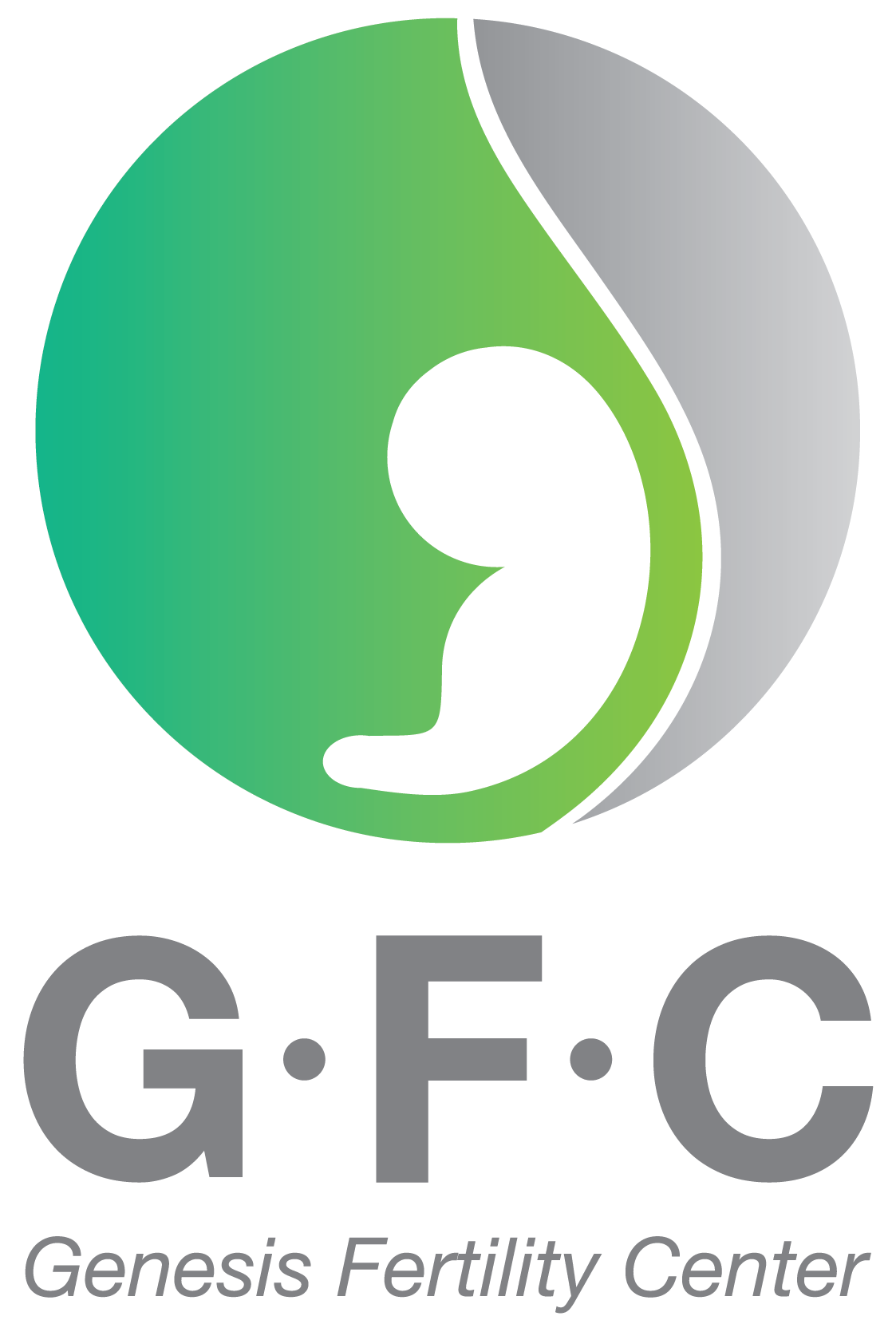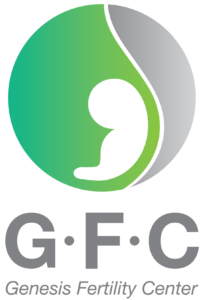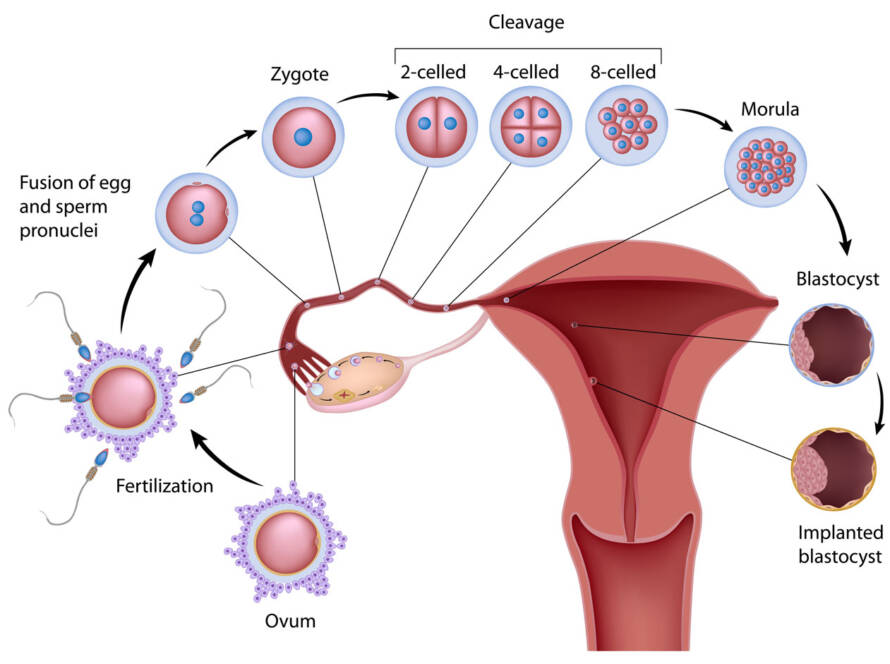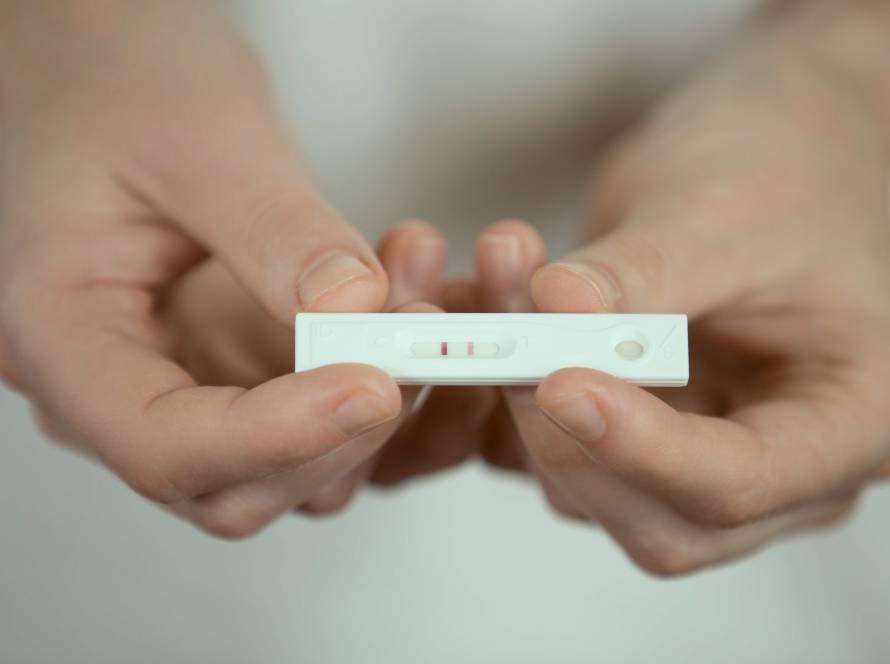What is the importance of uterine wall?
“The uterine wall is the endometrial lining of the uterus in women. Each month, as the egg is released from the ovary, the uterine wall thickens to prepare for the potential implantation of a fertilized egg. If the egg is not fertilized, the uterine lining will shed and be expelled through the birth canal. The function of the uterine wall is to nourish and support the developing embryo during pregnancy. If a woman undergoing IVF or ICSI has a thin uterine lining of less than 7 millimeters, the body may not be able to support the growth and development of the fetus. Therefore, the thickness of the uterine wall is crucial, and fertility specialists often measure its thickness before embryo transfer to ensure it is thick enough for successful implantation. The appropriate uterine wall for embryo implantation should have the following characteristics:
A thick uterine wall that is open, spacious, and nurturing for the embryo. The uterine wall should be at least 7–8 millimeters thick (not thicker than 14 millimeters). The uterine wall should show a “trilaminar” or three-layer appearance on ultrasound, with a clear central line visible on the surface, and should be clear and free from debris left over from previous menstrual cycles · The uterus should be warm, meaning that there is adequate blood flow to the uterine wall and no toxins present.”
Reasons for the walls of the uterine lining being too thin or too thick:
This is a problem for those who have difficulty conceiving and want to have a baby. A thin uterine lining is often caused by a lack of estrogen in women. Other factors may include poor blood flow to the uterus, fibroids in the uterine lining, adhesions, or scar tissue in the uterus due to injury or infection, chronic endometritis (an infection of the uterine lining), or a condition where the ovaries do not produce enough eggs to stimulate the uterine lining to thicken. For those who undergo IVF or ICSI, if the uterine lining is thicker than 14 millimeters, it may also make it difficult to conceive. This is because a lining that is too thick may result in delayed menstrual periods, lasting up to 2–3 months, and may cause polyps and even vaginal bleeding.
There are two methods for the preparation of the uterine wall prior to performing IVF/ICSI as follows:
Natural Frozen-thawed Embryo Transfer: In women with normal ovulation, the uterine wall can be prepared naturally by using estrogen hormone derived from the follicles to stimulate the endometrial lining to thicken. No external hormone medications are used in this preparation method, so blood tests for hormone levels and transvaginal ultrasounds are necessary to determine the optimal time for ovulation to perform embryo transfer in accordance with the embryonic developmental stage.
Hormone Medication: This method involves using estrogen hormone medication from an external source, such as oral, topical, or transdermal forms, to stimulate the endometrial lining to thicken. Progesterone hormone medication is subsequently administered through suppositories or gel in order to prepare the uterine wall to accept the embryo.
For the process of preparing the uterine wall, the doctor will schedule a follow-up appointment approximately 10–14 days later. Then, an ultrasound will be conducted and hormone levels in the body of those who have undergone IVF ICSI will be analyzed.
– In cases where the uterine wall is still not suitable for the embryo transfer, the doctor will adjust the hormone medication and schedule another follow-up appointment.
– In cases where the uterine wall is suitable for the embryo transfer, the doctor will prescribe both oral and vaginal medication to prepare the uterine lining before the transfer takes place, starting 5 days before the transfer date.
Checklist for uterine lining preparation:
1. Exercise for 15–20 minutes. Poor circulation may contribute to thinning of the uterine wall, and lack of exercise can lead to weakened endometrium. It is recommended to regularly exercise to help thicken the uterine wall.
2. Choose a variety of foods from all 5 food groups · Folic acid is a type of vitamin B that the body needs to support healthy cell production, particularly in pregnant women. Adequate intake of folic acid may help prevent miscarriage, birth defects related to the brain and spinal cord, and DNA mutations that may lead to cancer. In some cases, folic acid is used to treat anemia caused by folate deficiency, in conjunction with other treatments · Magnesium aids in calcium absorption, supports reproductive function, and helps maintain vitamin D levels. Food sources include dark chocolate, almonds, and cashew nuts · Zinc supports normal function of the progesterone hormone, and food sources include whole grain bread, chicken, red eggs, spinach, mushrooms, and liver · Vitamin C promotes blood flow and nourishment to the uterine area, potentially improving implantation success rates. Food sources include white and green cabbage and spinach · Vitamin E is an important component of tissue formation, helps prevent blood clots, and neutralizes free radicals. Food sources include wheat germ oil and corn oil.
3. Decrease stress: Stress is one of the causes that reduces the success of pregnancy because when the body is under stress, hormones, especially reproductive hormones, do not function properly.
4. Maintain appropriate weight: When women have excessive or insufficient body weight, it directly affects the levels of estrogen and progesterone, causing abnormal hormone functioning.
5. Taking vitamin supplements: Taking vitamin supplements can help the body receive adequate nutrition. However, it is advisable to consult a physician before taking vitamin supplements or selecting certified vitamin and dietary supplements.
6. Avoid things that could cause abnormal hormone levels in the body: This includes consuming raw or undercooked food, unclean food that increases the risk of food poisoning, drinking alcoholic beverages, coffee, or smoking. Also, avoid food containing xenoestrogens, which can disrupt the normal functioning of hormones in the body when they accumulate in the body in large amounts. Xenoestrogens are often found in processed and frozen foods, vegetables, fruits, and animals that are raised using chemicals or hormones to accelerate growth, as well as beverages in plastic bottles.
The condition infertility for couples undergoing IVF/ICSI have different physiological bases. “Uterine lining” is another factor in pregnancy, so preparing the uterine lining appropriately and healthily is a crucial factor that can help increase the chances of successful pregnancy. Once you understand the importance of the uterine lining for those who are undergoing IVF/ICSI, you can start preparing now.



